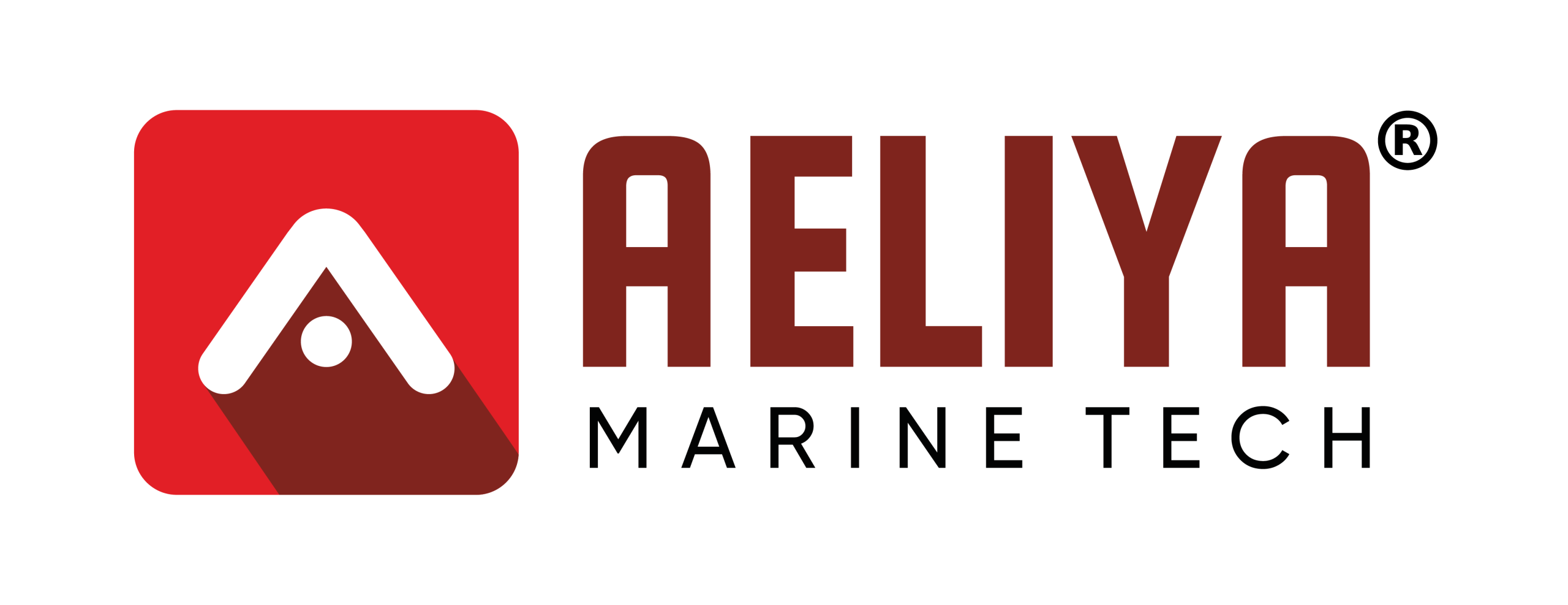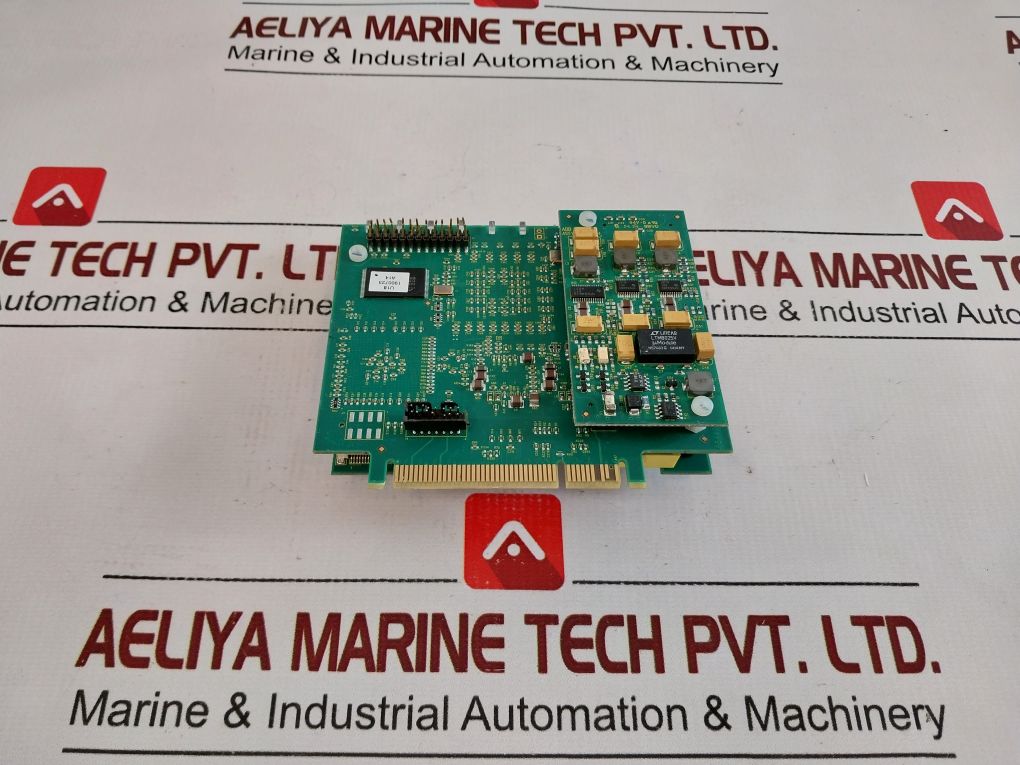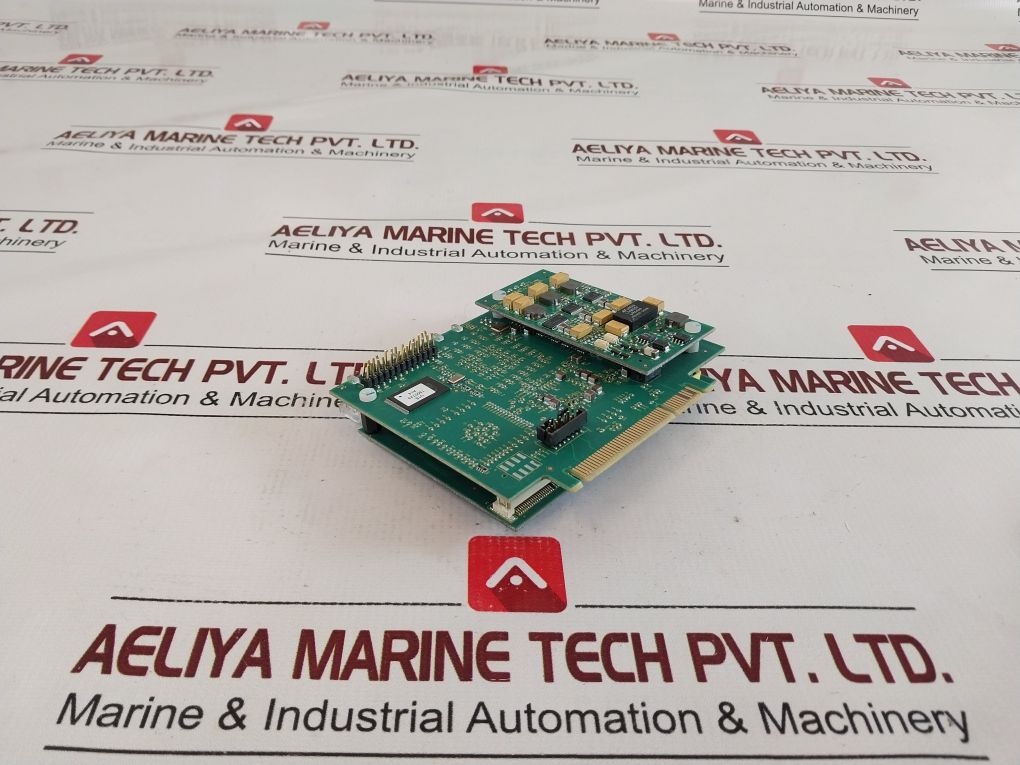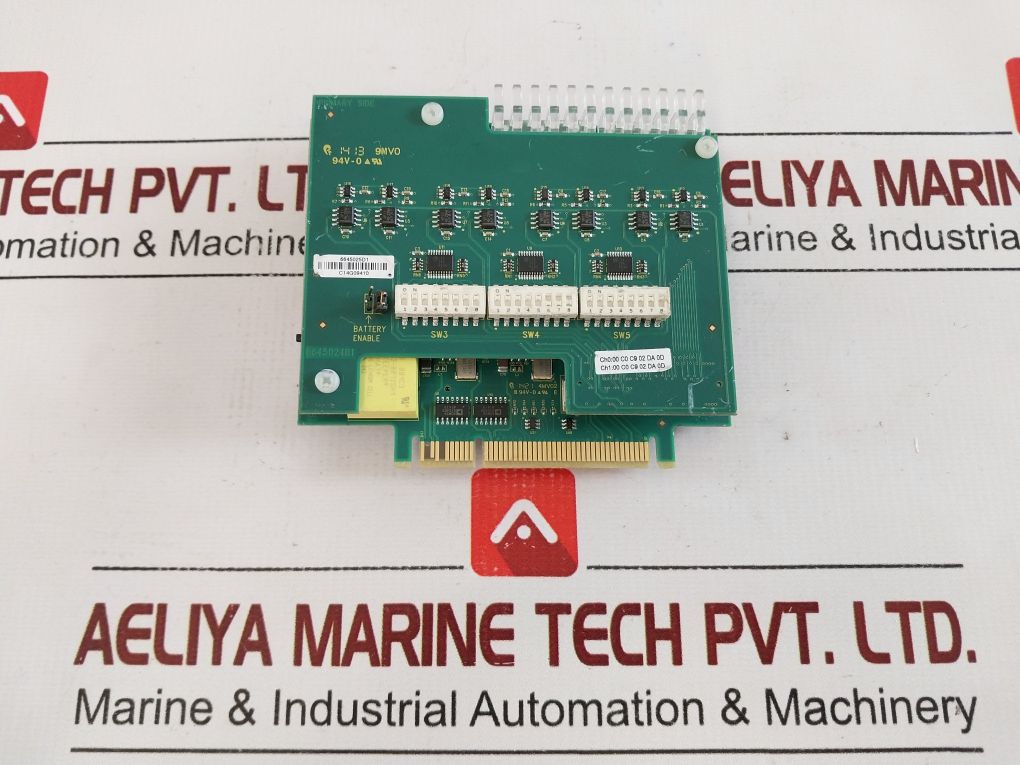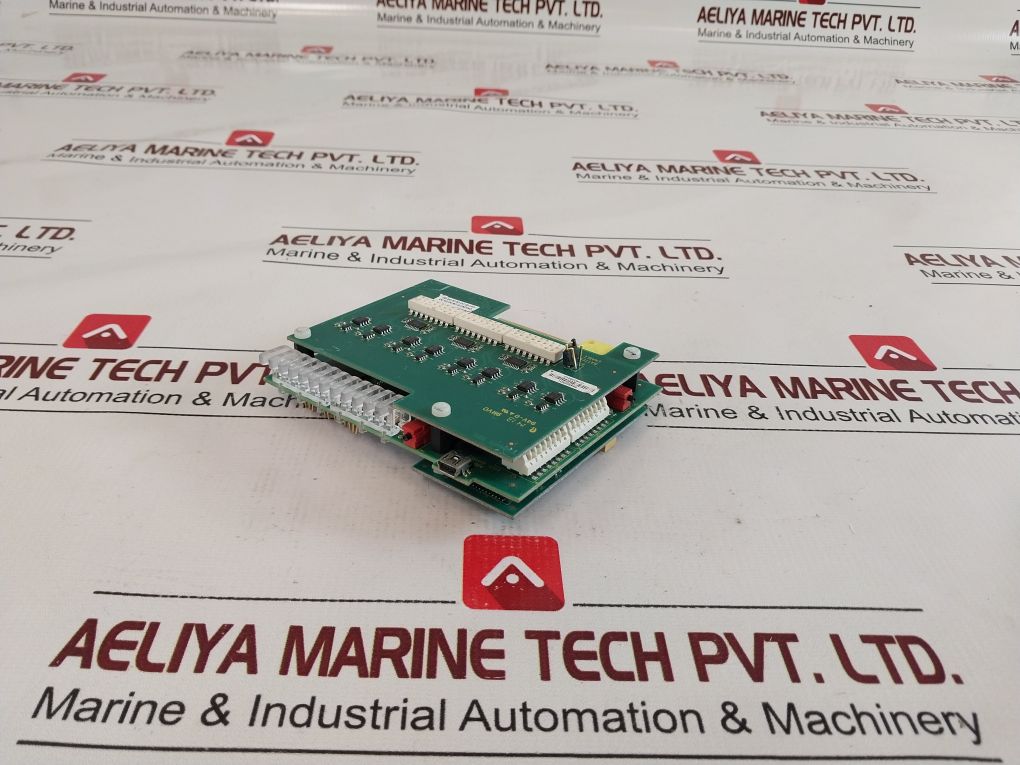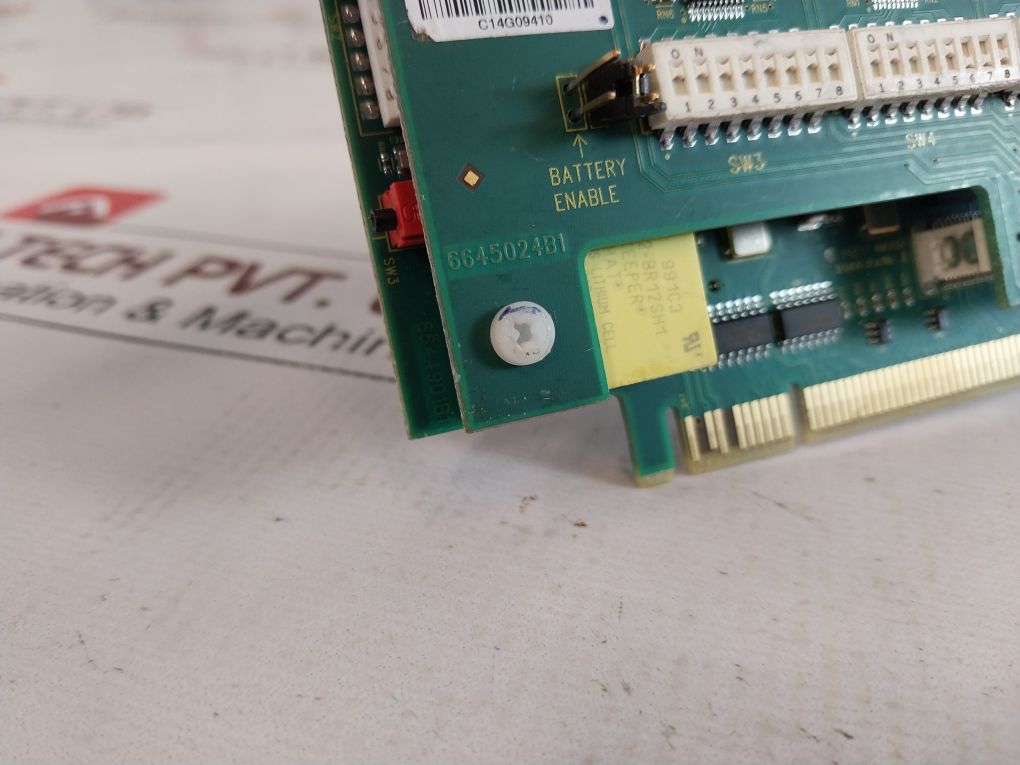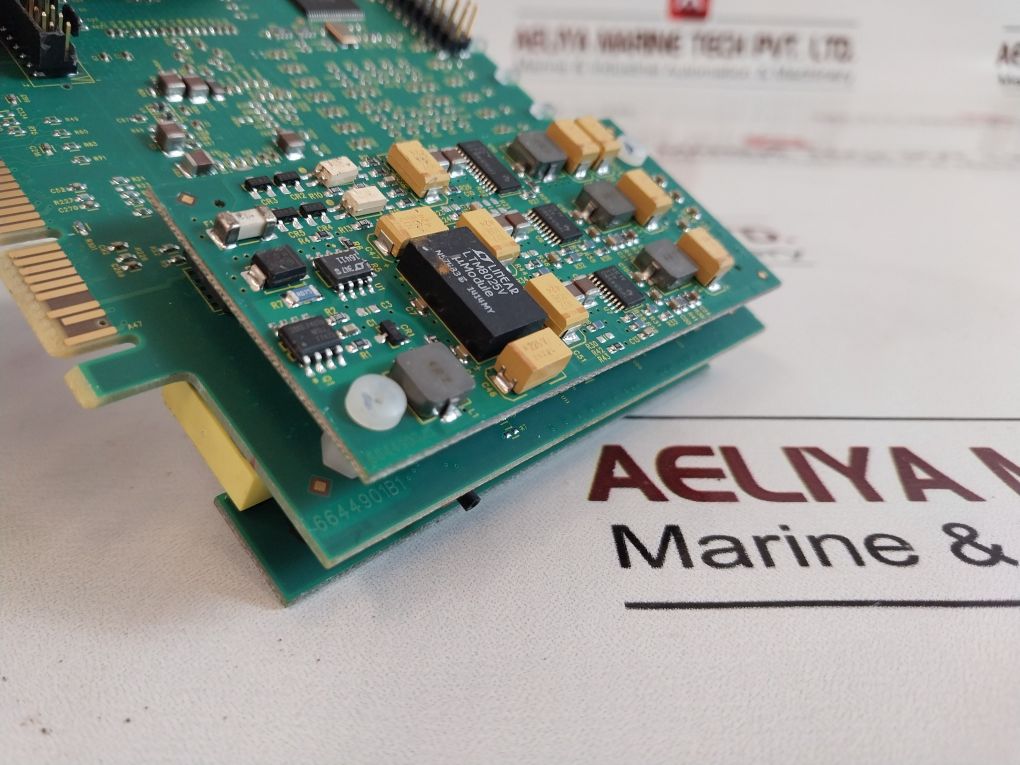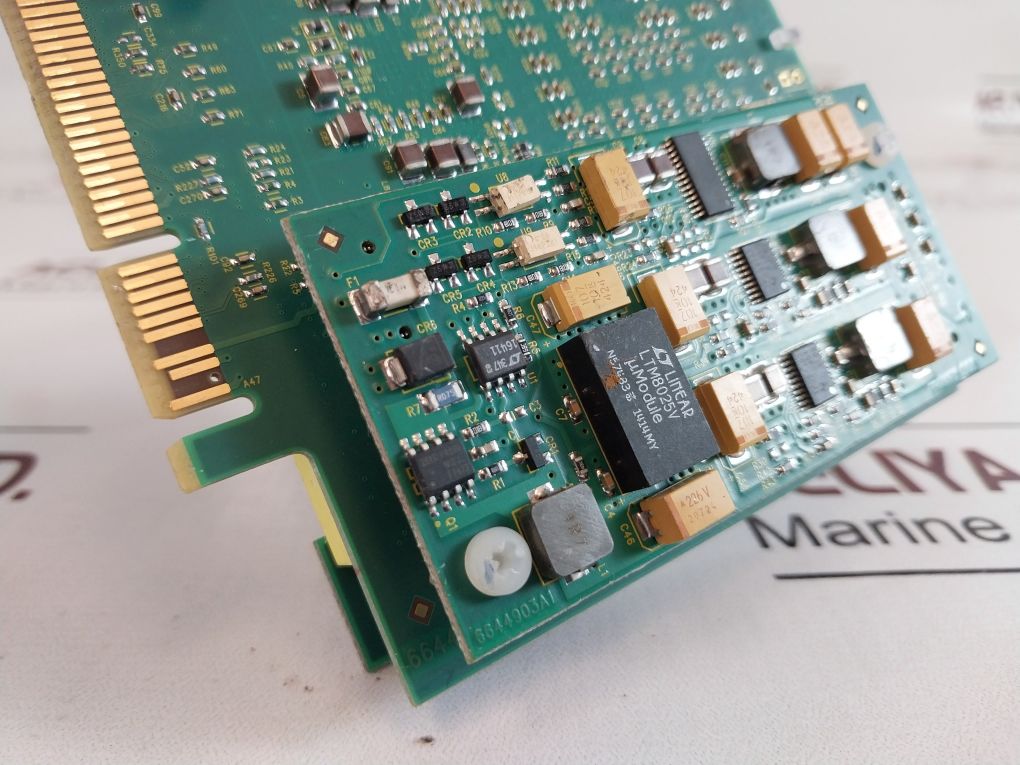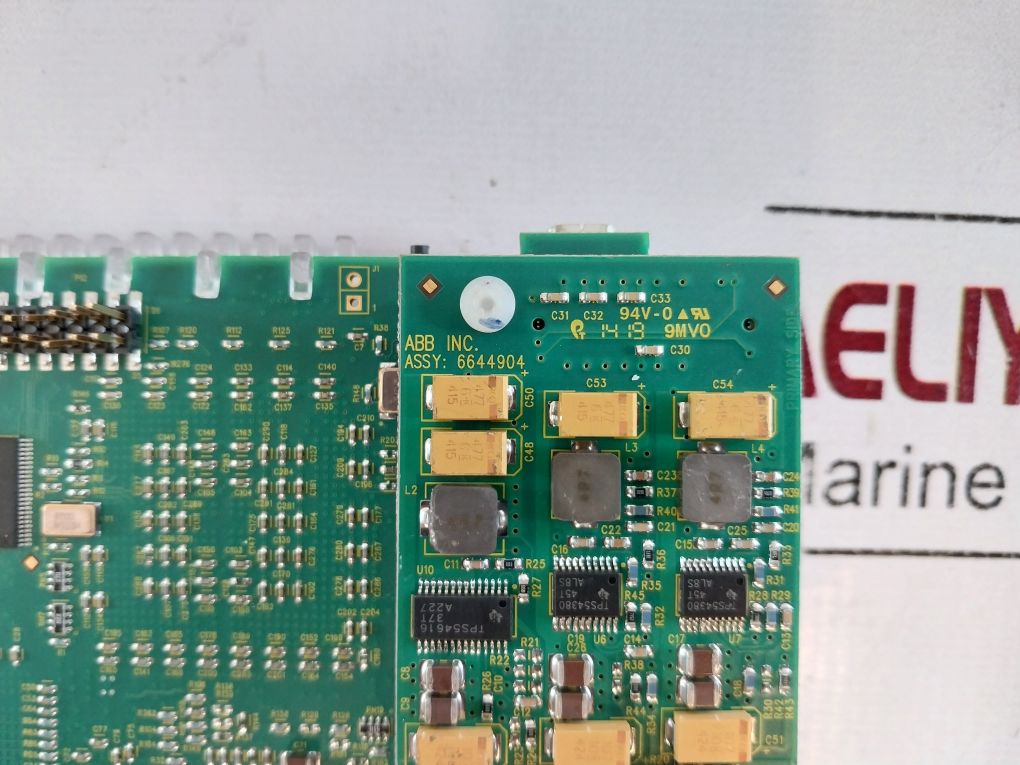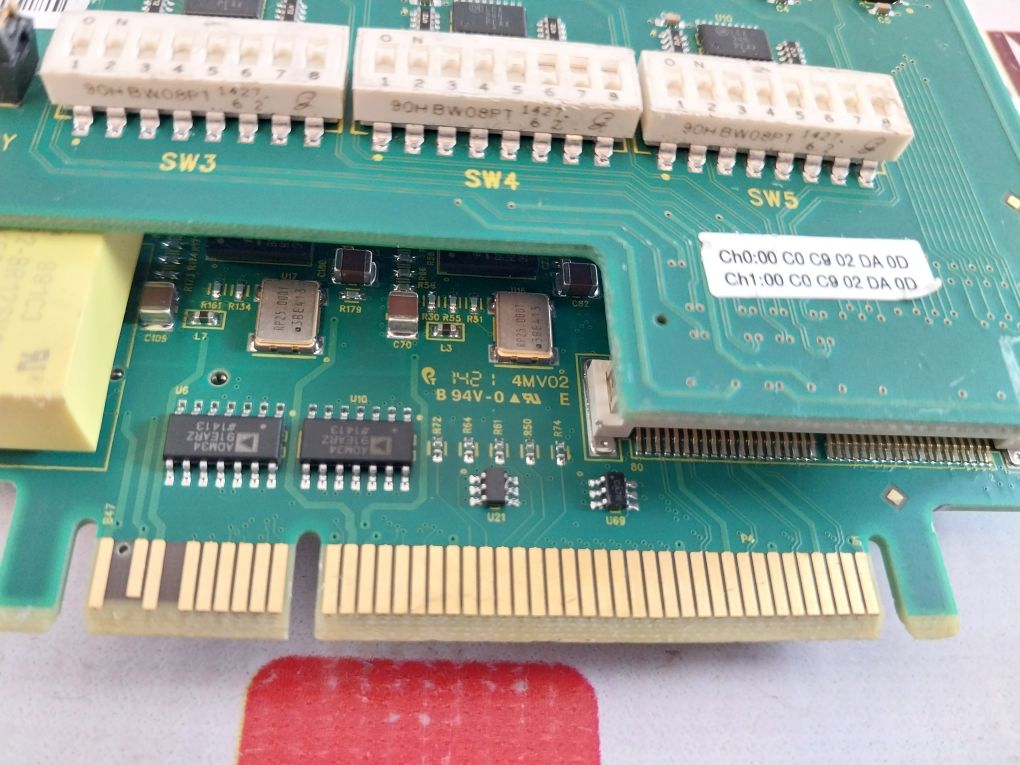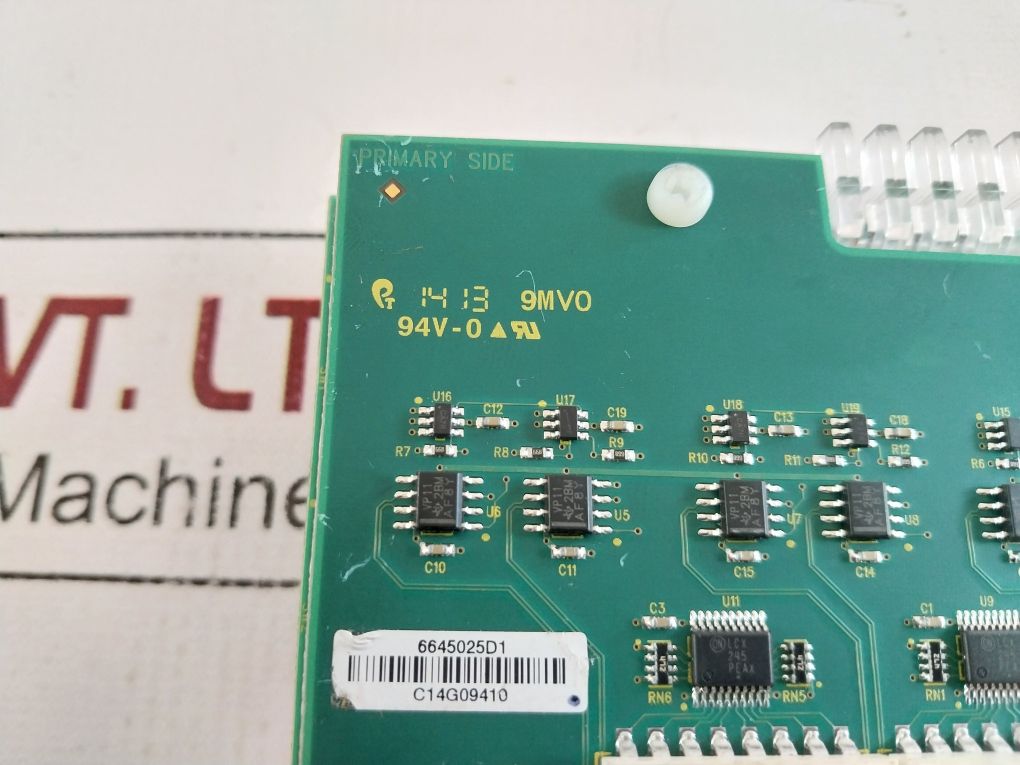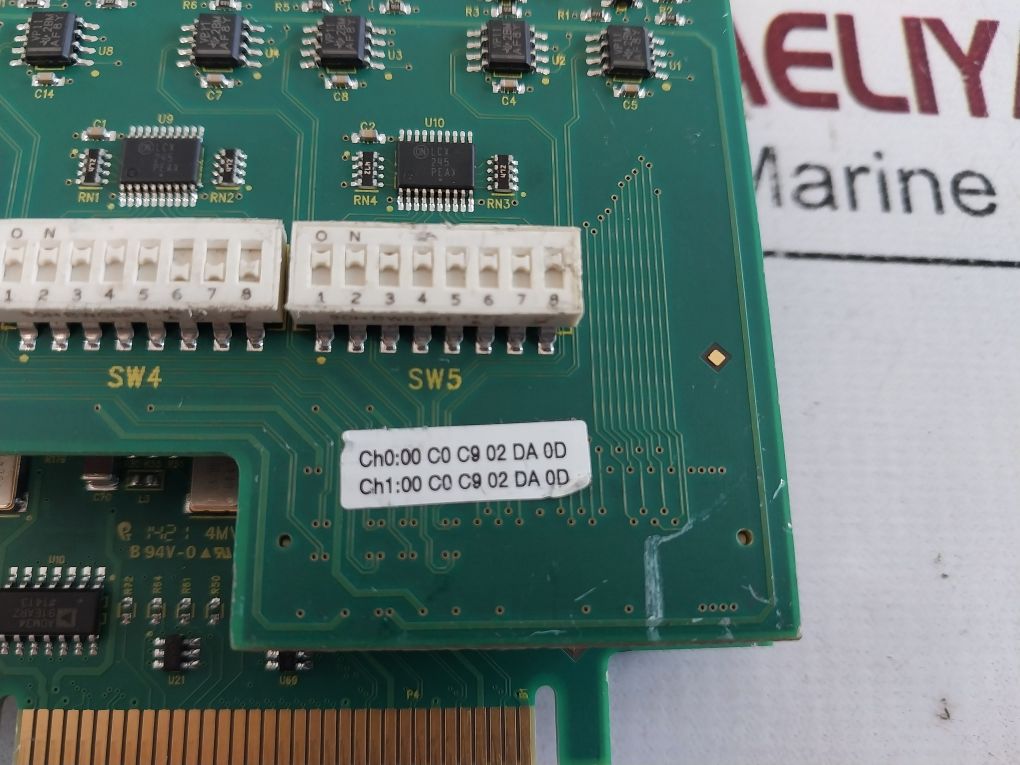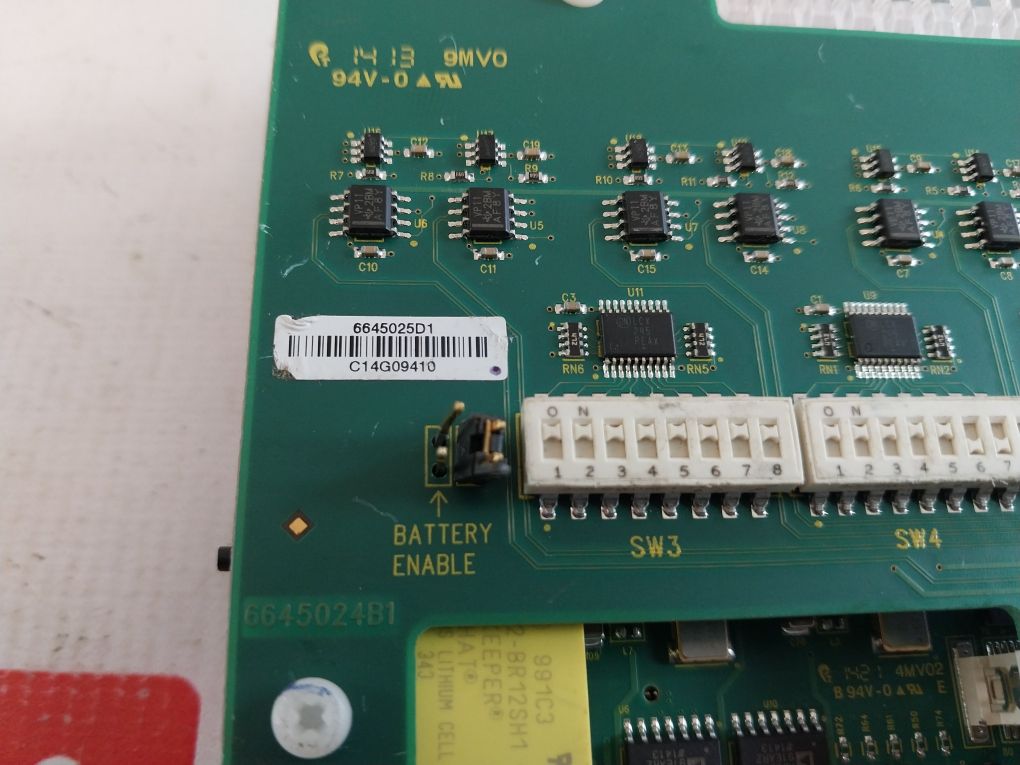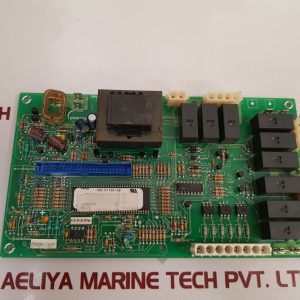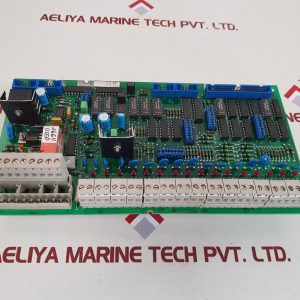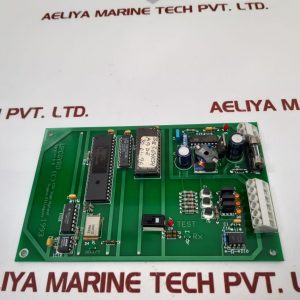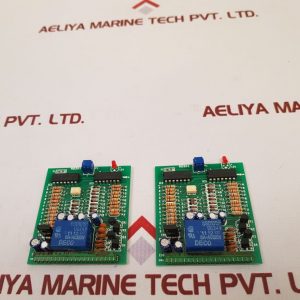Abb 6644904 Pcb Card
Abb Inc.
Assy: 6644904
9mv0
94v-0
6645024b1
4mv02
6644901b1
6644903a1
6645025d1
C14g09410
Weight : 140 Gm
Condition : Used 1 Pcs
Ref No : 61373
ABB 6644904 PCB Card is a critical component within the realm of industrial automation and control systems, manufactured by ABB, a global leader in electrification, industrial automation, and robotics. This specialized printed circuit board plays a pivotal role in the operation of various ABB equipment and machinery, serving as the electronic backbone for controlling, monitoring, and regulating complex processes.
Key Features and Functionality
- Printed Circuit Board : The core structure of the card is a rigid or flexible substrate made of insulating materials like fiberglass or phenolic resin, with a copper foil pattern etched onto its surface. This pattern forms the electrical pathways that connect various electronic components.
- Electronic Components: The PCB houses a diverse range of components, including integrated circuits , resistors, capacitors, diodes, and connectors. These components work together to perform specific functions within the overall system.
- Control and Monitoring: The 6644904 PCB card is designed to control and monitor various aspects of industrial processes.
- Motor control: Regulating the speed, torque, and direction of electric motors used in machinery and equipment.
- Process automation: Automating repetitive or complex tasks to improve efficiency and productivity.
- Data acquisition: Collecting and processing data from sensors and other devices to monitor system performance.
- Safety interlocks: Ensuring safe operation by preventing hazardous conditions or accidents.
- Communication: Interfacing with other devices and systems within the industrial network.
- Diagnostic capabilities: Identifying and troubleshooting potential issues to minimize downtime.
Applications and Industries
The ABB 6644904 PCB card is widely used in a variety of industries
- Manufacturing: Automotive, food and beverage, pharmaceuticals, electronics, and textiles.
- Energy: Power generation, transmission, distribution, and renewable energy sources.
- Infrastructure: Building automation, transportation, water treatment, and waste management.
- Robotics: Industrial robots, collaborative robots, and autonomous systems.
- Oil and gas: Exploration, production, and refining.
- Mining: Mineral extraction and processing.
